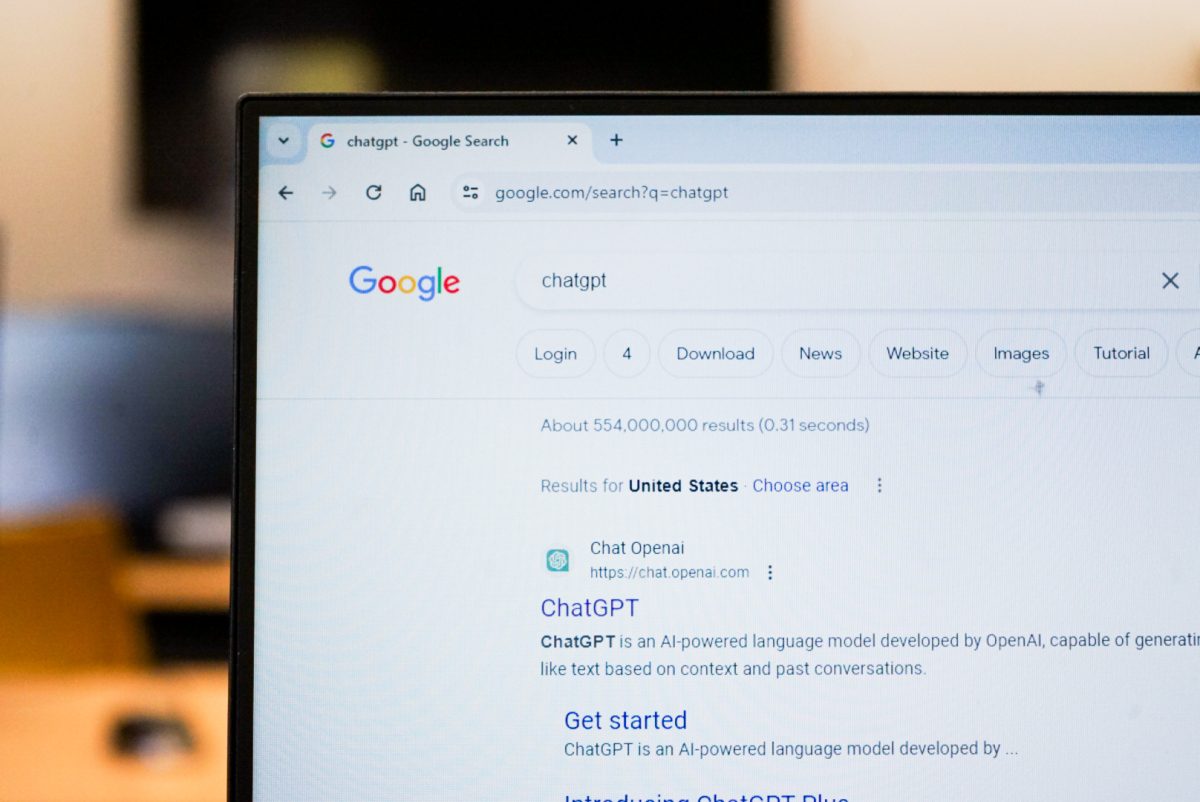ChatGPT is attracting a lot of interest, but a PNW lecturer says the artificial intelligence chatbot’s place in higher education must be monitored.
ChatGPT is an acronym for Chat Generative Pre-Trained Transformer. It is a large language model-based chatbot that can create humanlike text, code, and imagery in seconds. It enables users to produce content to length very quickly and easily.
James Hysell, a History lecturer, feels it’s a little too quick and easy.
“I’ve given quizzes where students have answered questions with extended, far too in-depth paragraphs in a short amount of time,” he said. “A clear sign of cheating.”
Hysell thinks there is a place for AI in the classroom, but isn’t convinced about the benefits of ChatGPT.
“Artificial intelligence is beneficial by alleviating tedious work that hampers innovation,” he said. “For example, the James Webb telescope, designed to conduct infrared astronomy …. allows science to study stellar systems and another astronomical phenomenon, that wouldn’t be possible without advanced technology.
“ChatGPT is an interesting thought experiment, unfortunately, I think students will substitute it for critical thinking,” said Hysell.
“History is reliant on definitive sources for information. ChatGPT relies on a database it has access to, limiting its retrieval of information to a primary source without verification from a secondary source,” said the lecturer.
He is also concerned about ideological bias.
“ChatGPT data can be determined by biases based on internet traffic, popular beliefs, or accepted ideologies,” Hysell said.
“ChatGPT can’t do analysis that requires intuitive leaps, it lacks the human element,” he said. “Artificial intelligence is incapable of reading in-between the line, it only knows what it was programmed to know.”
Despite his concerns, Hysell thinks ChatGPT can provide some benefits to higher education.
“ChatGPT can help instructors differentiate how questions are presented on quizzes and exams,” he said. ”The artificial intelligence can [also] be used to give positive comments or feedback on students’ work.
“Disciplines like medical and engineering can employ artificial intelligence to convey information in a more digestible manner,” said Hysell.
While some universities have banned the use of ChatGPT out of concern that it may encourage cheating, the Purdue University system has not taken a position on the chatbot. Last year, the system emphasized that students should adhere to the university’s Academic Integrity Policy, which requires students to do their own work and produce their own papers.
While Hysell doesn’t believe college students should use ChatGPT, he does think because AI is prevalent in society, students should be at least familiar with it.


